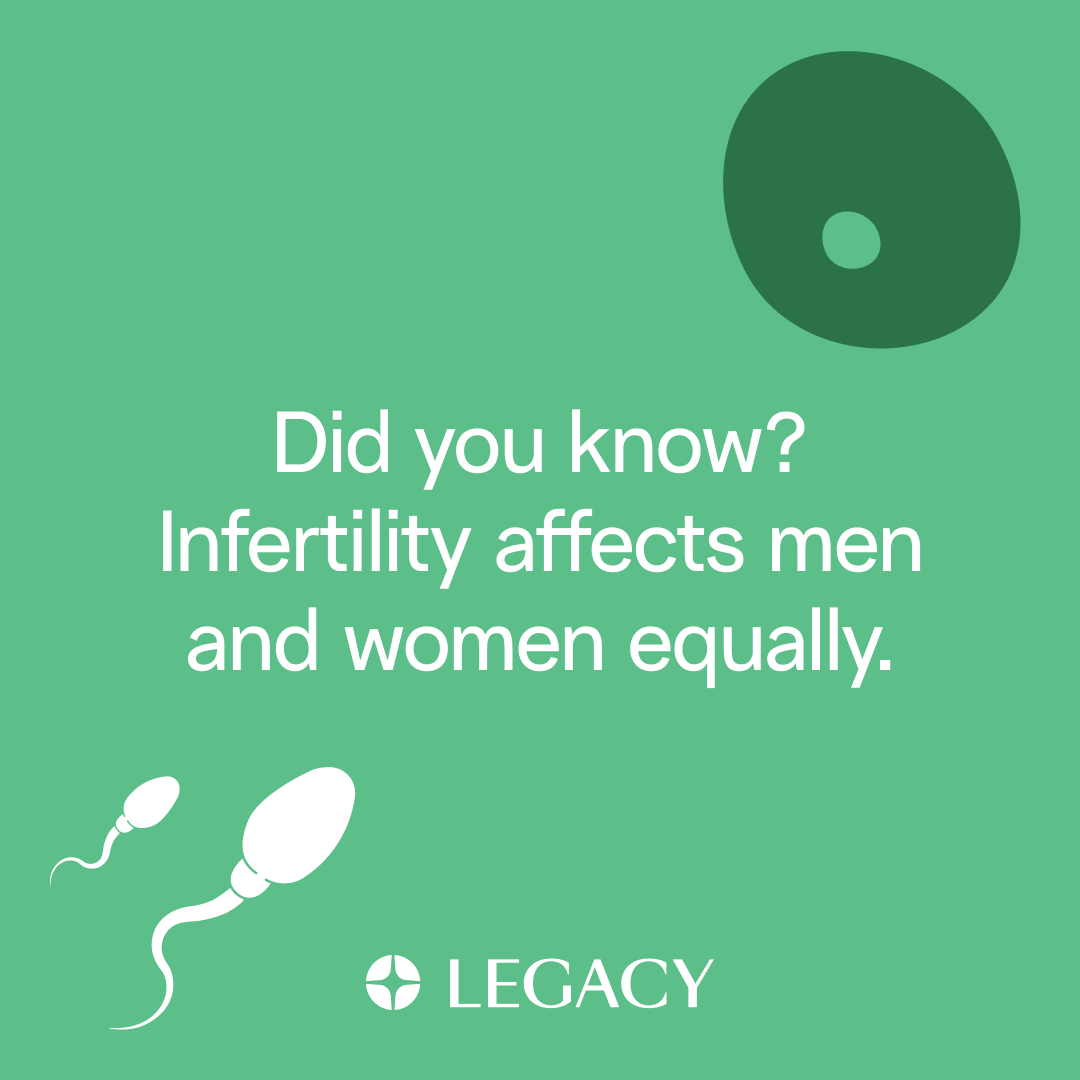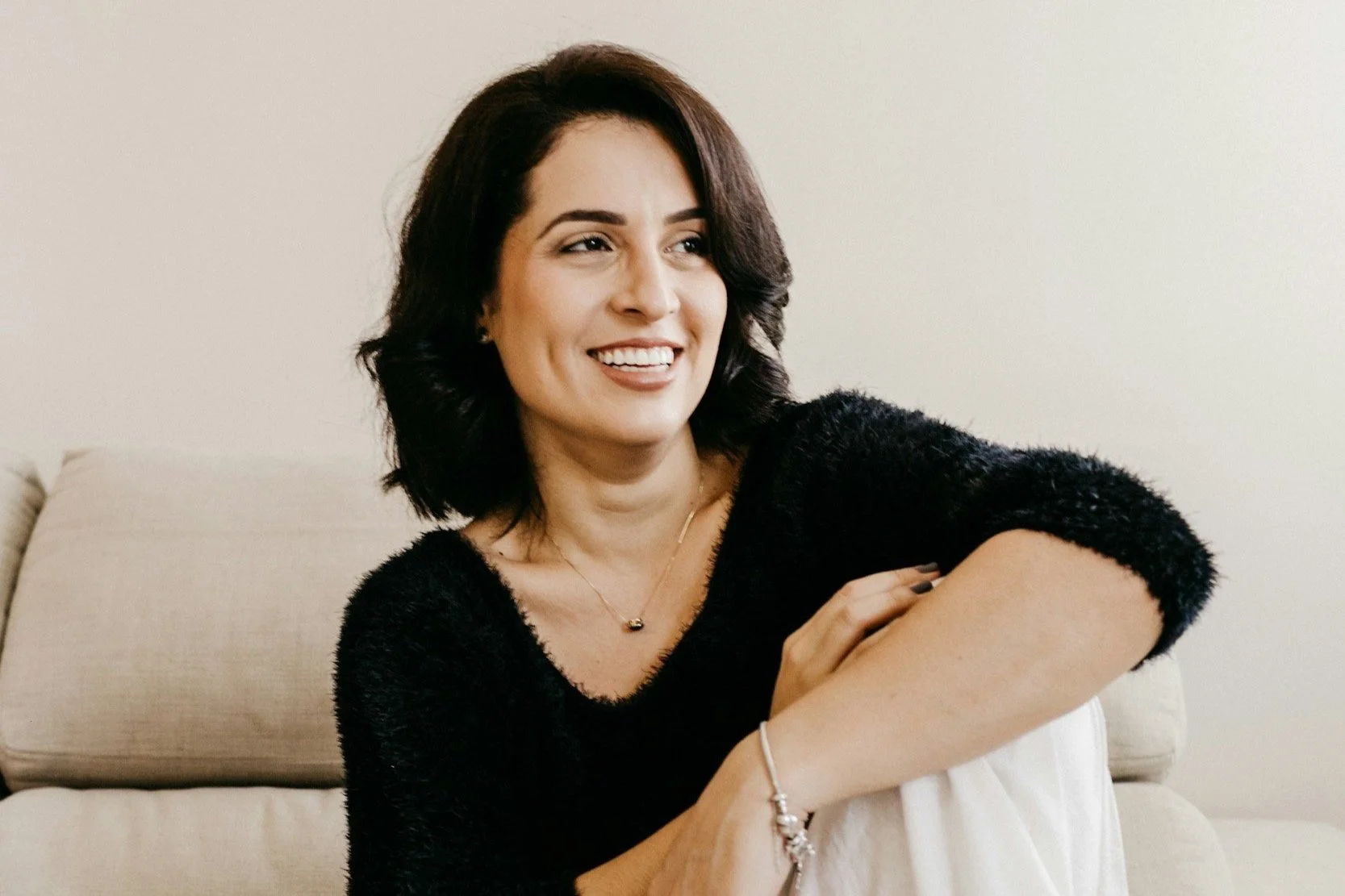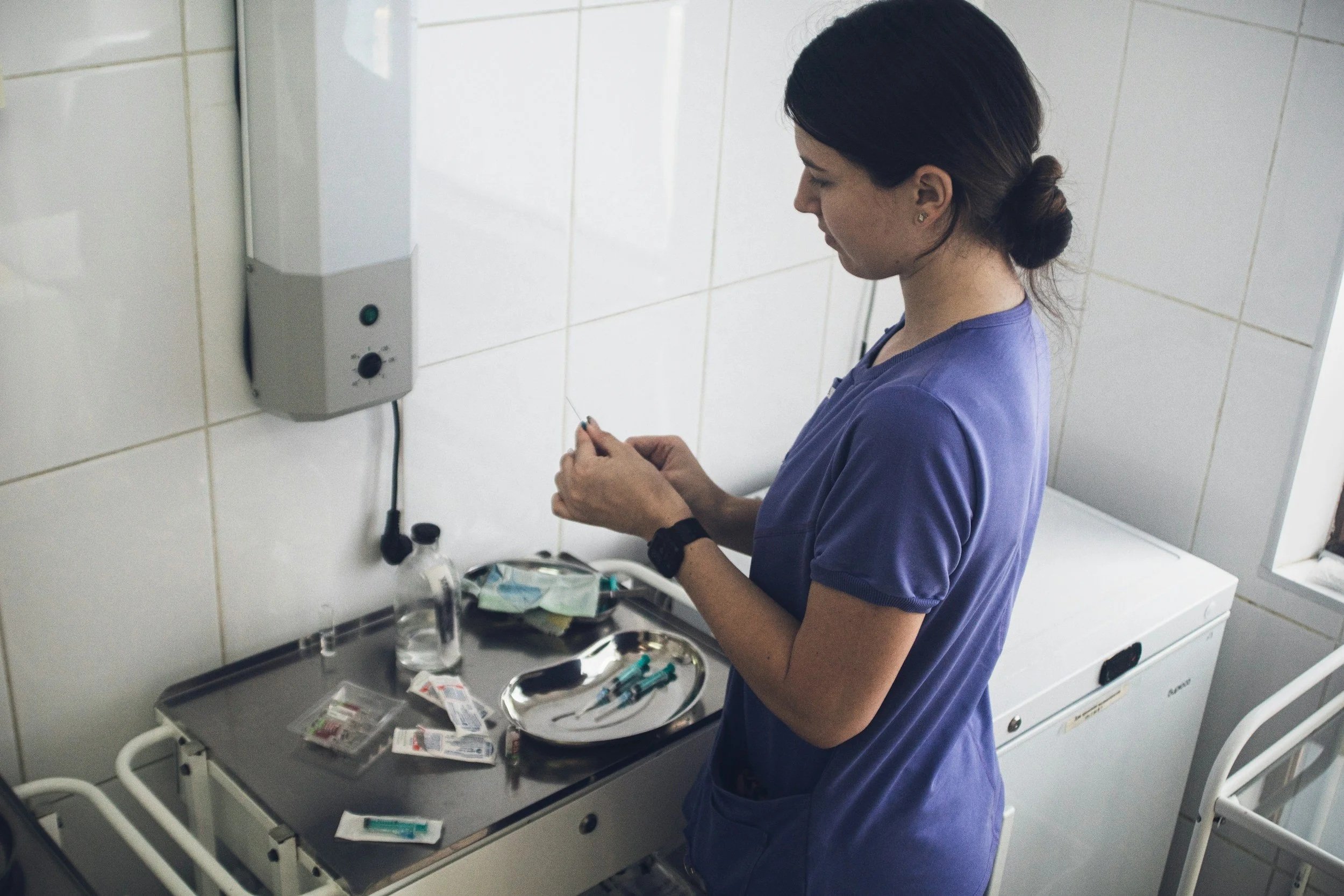If you're freezing your eggs, you've likely undergone a whirlwind of tests, and now you're left wondering what the results actually mean. Understanding how your eggs are evaluated for quality and future success is a key part of navigating this journey with clarity and confidence.
How can I understand the quality of my eggs?
This is one of the most common questions I get asked as a fertility doctor — several times a day. And it's an important one. When we talk about egg quality, it's essential to distinguish it from egg quantity.
What’s the difference between egg quality and quantity?
Egg quantity, also known as ovarian reserve, refers to how many eggs you have. We can assess this quite accurately using blood tests, such as AMH (Anti-Müllerian Hormone), and ultrasound scans that count the number of follicles in the ovaries.
Egg quality, on the other hand, refers to the likelihood that an egg will develop into a high-quality blastocyst (an embryo that reaches day 5 to 7 of development and is considered suitable for transfer during IVF) and eventually lead to a successful pregnancy. While quantity tells us how many eggs you have, quality tells us how likely each of those eggs is to lead to success.
Can egg quality be measured directly?
Traditionally, we haven't had a reliable way to measure egg quality before fertilization. The best predictor we’ve had is a woman’s age, which strongly correlates with average egg quality. As age increases, egg quality generally declines.
But here's the nuance: not all 35-year-olds have the same egg quality, and even within the same egg retrieval cycle, not all eggs are created equal.
After we retrieve eggs during IVF or egg freezing, we still don’t truly know their quality until we observe what happens next. If an egg fertilizes, develops into a high-quality embryo, and results in a pregnancy — we retrospectively consider that a high-quality egg. If it doesn’t develop well, we might assume the opposite.
What about people who are freezing their eggs and haven’t used them yet?
That’s a great question — and a real challenge. For patients who freeze their eggs, we don't have the benefit of seeing how those eggs perform. Embryologists can observe certain visual characteristics in eggs under the microscope, but there has never been a validated visual scoring system for egg quality. The features embryologists can see haven’t been consistently linked with real-world outcomes.
So how is egg quality assessed today?
This is where Artificial Intelligence (AI) has started to change the game.

SAVE 15% with code FREEZEHEALTH on all Legacy products
A company called Future Fertility has developed an AI-based tool called the VIOLET™ report, which provides a personalized analysis of egg quality. Here’s how it works:
After your egg retrieval, embryologists take microscope images of your eggs. This part of the process is non-invasive and adds no incremental risk to your eggs.
These images are securely analyzed by AI software trained on thousands of egg images and outcomes from clinics around the world.
The AI assigns a score to each egg, which reflects the predicted likelihood of it developing into a high-quality blastocyst.
This allows patients — especially those freezing eggs — to receive personalized insights into the potential quality of each egg, rather than relying solely on age or guesswork.
What does this mean for patients?
With AI-based assessments, patients now have more information to guide their fertility decisions. You not only get to see images of your own eggs, but you also receive a more objective, data-driven estimate of how likely those eggs are to succeed.
While no test can guarantee outcomes, this approach represents a major step forward in personalizing fertility care and helping patients feel more informed and empowered about their future.
Watch Dr. Nayot break down what egg quality means and how it’s assessed.

Dr. Dan Nayot is a reproductive endocrinologist and the Medical Director of The Fertility Partners, a leading network of fertility clinics across North America. He is the co-founder of Future Fertility, a Canadian med-tech startup harnessing artificial intelligence to transform reproductive medicine, and HaloHealth, an organization supporting early-stage health tech ventures. As an executive board member of Fertility Matters Canada, Dr. Nayot actively advocates for equitable access to fertility care. His work reflects a deep commitment to driving innovation and expanding accessibility of fertility treatments.
Answered by Dr. Roy Handelsman from HRC Fertility. Understand how ovarian cysts and ovarian surgery may impact the egg freezing process.
Answered by Dr. Rashmi Kudesia from CCRM Fertility Houston. Here’s a checklist for before, during, and after your egg freezing consultation, including 11 questions you should ask the doctor.
Answered by Valerie Shafran, MSN, FNP-C from Extend Fertility. Discover why fertility experts urge women to stop taking GLP-1 agonists before an egg freezing cycle.
Answered by Dr. Nidhee Sachdev from South Coast Fertility Specialists. Explore what AMH tells us about a woman’s ovarian reserve or how many eggs she has left.
Answered by Dr. Hade from Generation Next Fertility. Understand how egg freezing does not cause long-term weight gain yet there is a chance of transient bloating.
Answered by Rijon Charne, JD from Sunray Fertility. Explore what a reproductive estate plan entails and the situations where having one can make a big difference.
Answered by Rijon Charne, JD from Sunray Fertility. Learn more about the importance of clinic disposition forms, including what they do and don’t cover.
Answered by Rijon Charne, JD from Sunray Fertility. Discover the legal nuances that can shape your options when freezing eggs or embryos.
Answered by Dr. Joshua Klein from Extend Fertility. Learn how birth control relates to egg freezing and if you will need to stop your hormonal birth control before starting the procedure.
Answered by Dr. Jesse Hade from Generation Next Fertility. Discover the important factors that affect chances of egg freezing success in your late thirties.
Answered by Sidonia Buchtova, PA-C, C-RHI from Refresh Psychiatry. Understand if you can stay on an SSRI or SNRI when freezing your eggs.
Answered by Sidonia Buchtova, PA-C, C-RHI from Refresh Psychiatry. Discover tips to help support your mental well-being during preparation, throughout the cycle, and after your egg retrieval, especially if you have a history of anxiety.
Answered by Dr. Katharina Spies from Vida Fertility. Learn about who should consider supplements before and during fertility preservation, and how supplements could support your egg freezing cycle.
Answered by Dr. Serin Seckin from Generation Next Fertility. Understand the key differences to help you make an informed decision that aligns with your personal and reproductive goals.
Answered by Dr. Ido Feferkorn from the Reproductive Medicine Group. Learn how Polycystic Ovarian Syndrome (PCOS) may affect the egg freezing process and outcomes of fertility preservation.
Answered by Dr. Meera Shah from Nova IVF. Understand the potential risks of egg freezing to help you evaluate if it is right for you.
Answered by Dr. Hade from Generation Next Fertility. Learn from start to finish the entire process of what happens on the final day of an egg freezing cycle.
Answered by Dr. Sahar M. Stephens from Northern California Fertility Medical Center. Understand the probability of pregnancy based on the number of eggs frozen and the age at which you freeze.
Answered by Dr. Alison Peck from HRC Fertility. Discover which medications are commonly used for ovarian stimulation during an egg freezing cycle.
Answered by Dr. Kathryn Snow from Piedmont Reproductive Endocrinology Group (PREG). Understand the side effects that you may experience when freezing your eggs.
Answered by Lia Schiller, MSN, AGNP-BC from Extend Fertility. Learn why IUDs can stay in place throughout the egg freezing process.
Answered by Dr. Woo from HRC Fertility. Learn how some medications need to be stopped for an egg freezing cycle while some medications can be continued.
Answered by Dr. Dan Nayot from The Fertility Partners. Learn how artificial intelligence is providing women with more information than ever before about their eggs.
Answered by Dr. Joshua Klein from Extend Fertility. Egg freezing doesn’t impact your chance of getting pregnant naturally, because egg freezing makes use of eggs that would otherwise have been lost.
Answered by Dr. Dan Nayot from The Fertility Partners. Understand the distinction between egg quantity and quality, and explore how AI is transforming egg quality analysis.
Answered by Dr. David E. Tourgeman from HRC Fertility. Understand what options exist for what to do with your frozen eggs if you decide not to use them for IVF.
Answered by Dr. Armando Hernandez-Rey from Conceptions Florida. Learn about minimal stimulation egg freezing cycles and how they can decrease the risk of ovarian hyperstimulation syndrome.
Answered by Dr. Ido Feferkorn from the Reproductive Medicine Group. Find out how egg freezing medications work and how protocols can be adjusted if you can’t take estrogen.
Answered by Dr. Ido Feferkorn from Reproductive Medicine Group. Learn how egg freezing fits into the menstrual cycle and how timing can be customized.
Answered by Dr. Elena Santiago from Vida Fertility. Understand the ins and outs of egg freezing in Spain as a non-resident, including timing, costs, and more.






























